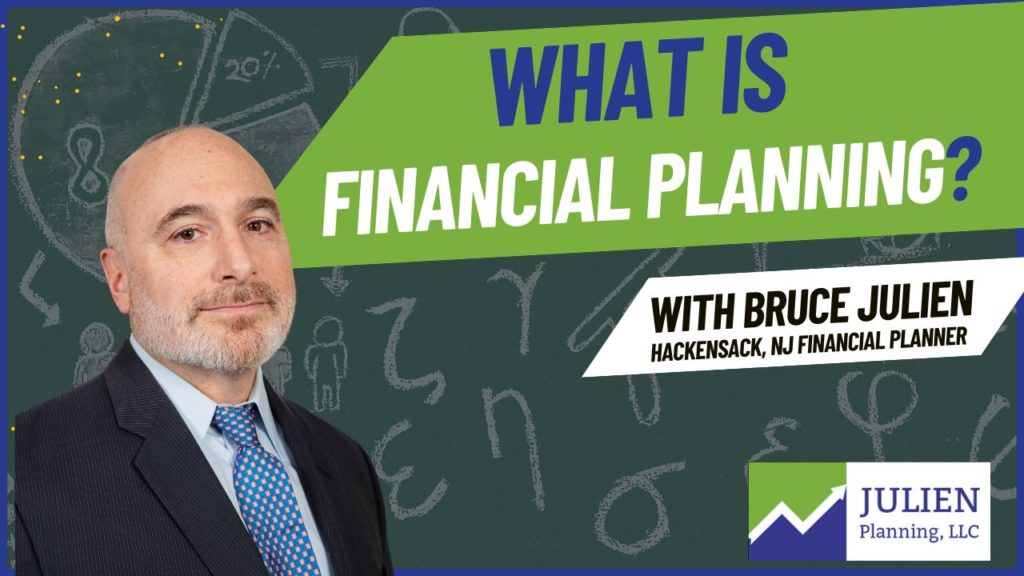Tax Strategies For Retirement: The Tremendous 7

Tax strategies for retirement aren’t just about reducing your tax bill each year. It’s about creating a long-term strategy to preserve your wealth.
Many retirees focus on annual tax savings, but with the right approach, you could save tens or even hundreds of thousands of dollars over your lifetime. Let’s explore the key tax strategies that can help you maximize your retirement income.
Understanding Tax Brackets in Retirement
One of the first steps in tax-efficient retirement planning is understanding your tax bracket. Many retirees assume they’ll be in a lower tax bracket, but withdrawals from retirement accounts and Social Security can push them into higher brackets. By carefully timing withdrawals and managing income sources, you can stay in a lower tax bracket and reduce your overall tax liability.
1) Tax-Efficient Withdrawal Strategies
The order in which you withdraw funds from different accounts can have a major impact on your tax bill:
- Traditional IRA & 401(k) Withdrawals – These are taxed as ordinary income. Withdrawing strategically before Required Minimum Distributions (RMDs) can help manage taxes.
- Roth IRA Withdrawals – Tax-free, making them a great option in high-income years.
- Taxable Investment Accounts – Capital gains tax rates are generally lower than income tax rates, making these accounts useful for supplementing income.
2) Roth Conversions for Future Tax Savings
A Roth conversion allows you to move money from a traditional IRA to a Roth IRA. You’ll pay taxes on the conversion now, but future withdrawals will be tax-free. This strategy works best when you’re in a lower tax bracket, such as early retirement years before Social Security kicks in.
3) Optimizing Social Security Benefits
The timing of your Social Security benefits affects how much tax you’ll pay on them. Delaying benefits until age 70 increases your monthly payments and may reduce taxable income in earlier years. Since up to 85% of Social Security benefits can be taxed, proper timing is crucial.
4) Tax-Free Income Opportunities
Retirees can take advantage of various tax-free income sources, including:
- Municipal bonds – Interest is tax-free at the federal level and often at the state level.
- Health Savings Accounts (HSAs) – Withdrawals for qualified medical expenses are tax-free.
- Cash-value life insurance – Loans and withdrawals can be tax-free if structured properly.
5) Charitable Giving for Tax Benefits
If you plan to give to charity, donating appreciated stocks or making Qualified Charitable Distributions (QCDs) from an IRA can provide tax benefits. QCDs satisfy RMDs without increasing taxable income, making them a great tool for high-net-worth retirees.
6) Utilizing Tax Return “Gaps”
Some retirees have years where their taxable income is unusually low. These gaps present an opportunity to:
- Take additional IRA withdrawals at a low tax rate
- Harvest long-term capital gains at 0% tax (if within certain income limits)
- Convert part of a traditional IRA to a Roth IRA without triggering high taxes
7) Estate and Inheritance Tax Planning
Proper estate planning can minimize taxes for your heirs. Consider strategies like:
- Gifting up to the annual exclusion amount tax-free
- Setting up trusts for tax-efficient wealth transfer
- Designating beneficiaries strategically to reduce inherited tax burdens
How Julien Planning Can Help You Save on Taxes in Retirement
At Julien Planning, we don’t just look at tax strategies in isolation—we take a comprehensive, multi-decade approach to minimize your tax burden and maximize your wealth. Our process focuses on eliminating tax risk, not just reducing it year to year.
Most retirees think of tax planning as a way to save a little money on their annual tax return. But our philosophy is different: we help clients save hundreds of thousands of dollars in taxes over their lifetime by proactively managing their retirement accounts, income streams, and estate plans.
Here’s how Julien Planning takes a unique approach:
-
Strategic Tax Planning Over Time: We help you restructure your assets to minimize taxes not just for this year, but for the long haul. By leveraging Roth conversions, tax-efficient withdrawals, and estate tax strategies, we ensure that you’re not handing over more to the IRS than necessary.
-
Personalized Tax Reports: Every retiree’s financial situation is different. We create customized reports tailored to your age, income sources, tax rates, and projected returns, so you can see exactly how much you stand to save.
-
Addressing Multiple Retirement Risks: Taxes aren’t the only financial threat in retirement. We integrate market risk, income risk, legislative risk, and health risk into our planning, helping you secure a tax-efficient, long-term strategy for financial security.
-
The “Tax Treadmill” Escape Plan: Many retirees don’t realize that the more they make, the more the IRS takes—even after retirement. We help you escape this cycle with proactive Roth strategies, tax-free income sources, and insurance-based solutions that legally reduce or eliminate tax burdens.
-
Navigating Legislative Changes: Tax laws change constantly. Whether it’s Required Minimum Distributions (RMDs), estate tax exemptions, or new laws impacting Roth conversions, we stay ahead of the curve so you don’t get caught off guard.
At Julien Planning, we go beyond basic tax strategies—we help you design a tax-free retirement plan.
If you want to see how much you could save with a personalized tax strategy, contact us today for a customized tax report with your own numbers, rates, and projections.
Conclusion
Retirement tax planning requires a forward-thinking strategy. By managing withdrawals, optimizing Social Security, and leveraging tax-free income sources, you can significantly reduce your tax burden and keep more of your hard-earned money. A little planning today can lead to substantial savings over the years.



